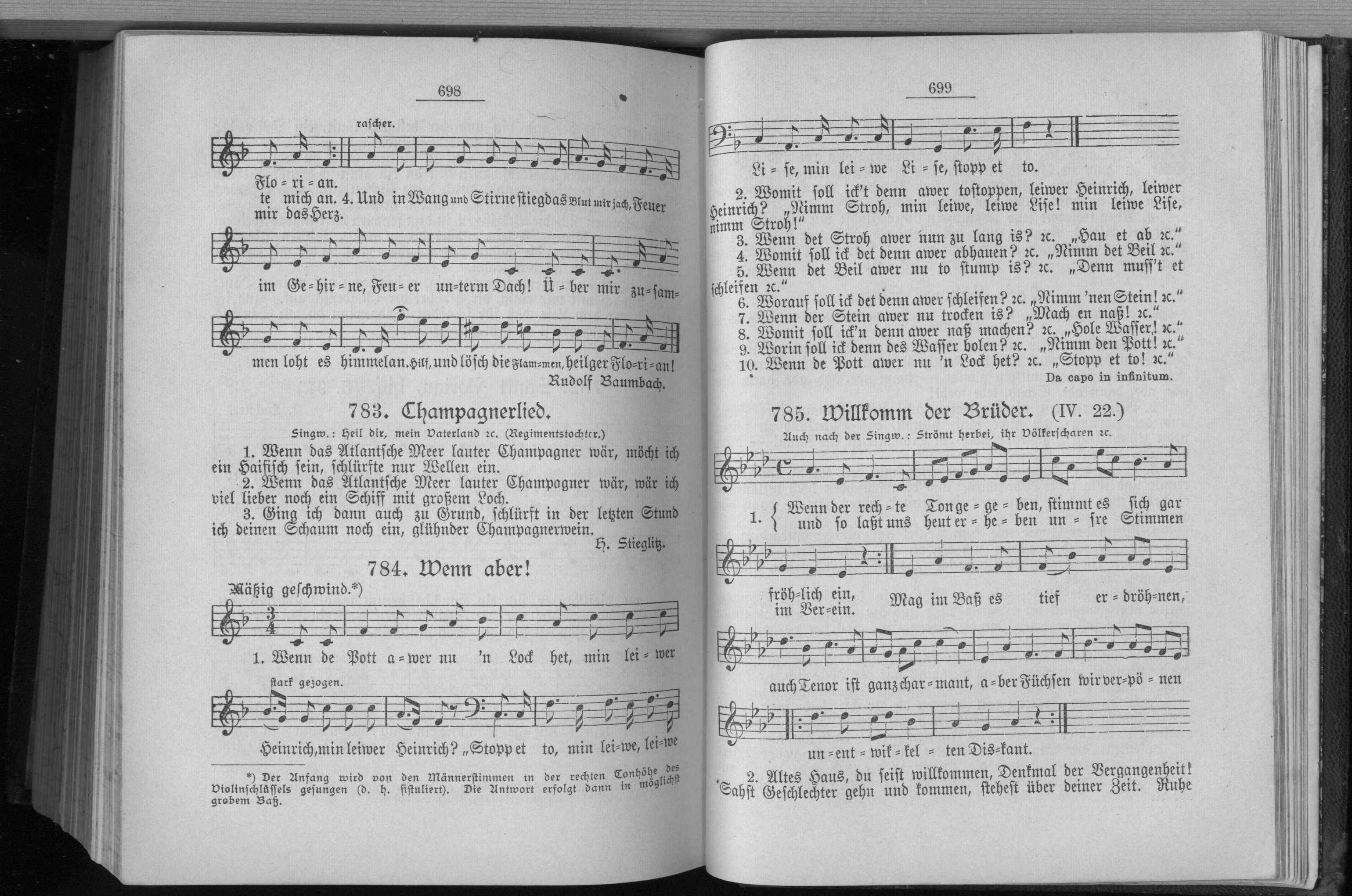|
There's A Hole In The Bucket
"There's a Hole in My Bucket" (or "...in the Bucket") is a children's song based on a protracted dialogue between two characters, Henry and Liza, about a leaky bucket. Various versions exist but they differ only slightly, all describing a "deadlock" situation essentially as follows: Henry's bucket leaks, so Liza tells him to repair it. To fix the leaky bucket, he needs straw. To cut the straw, he needs a knife. To use the knife, he needs to sharpen it. But the sharpening stone must be damp, so he needs water. But to fetch water, he needs the bucket, which has a hole in it. In honour of the song, people celebrate National Hole in My Bucket Day on May 30 every year. Lyrics \addlyrics There's a hole in my bucket, dear Liza, dear Liza, There's a hole in my bucket, dear Liza, a hole. Then mend it, dear Henry, dear Henry, dear Henry, Then mend it, dear Henry, dear Henry, mend it. With what shall I mend it, dear Liza, dear Liza? With what shall I mend it, dear ... [...More Info...] [...Related Items...] OR: [Wikipedia] [Google] [Baidu] |
Nursery Rhyme
A nursery rhyme is a traditional poem or song for children in Britain and many other countries, but usage of the term dates only from the late 18th/early 19th century. The term Mother Goose rhymes is interchangeable with nursery rhymes. From the mid-16th century nursery rhymes begin to be recorded in English plays, and most popular rhymes date from the 17th and 18th centuries. The first English collections, '' Tommy Thumb's Song Book'' and a sequel, ''Tommy Thumb's Pretty Song Book'', were published by Mary Cooper in 1744. Publisher John Newbery's stepson, Thomas Carnan, was the first to use the term Mother Goose for nursery rhymes when he published a compilation of English rhymes, ''Mother Goose's Melody, or, Sonnets for the Cradle'' (London, 1780). History Lullabies The oldest children's songs of which we have records are lullabies, intended to help a child fall asleep. Lullabies can be found in every human culture. The English term lullaby is thought to come from "lu, l ... [...More Info...] [...Related Items...] OR: [Wikipedia] [Google] [Baidu] |

